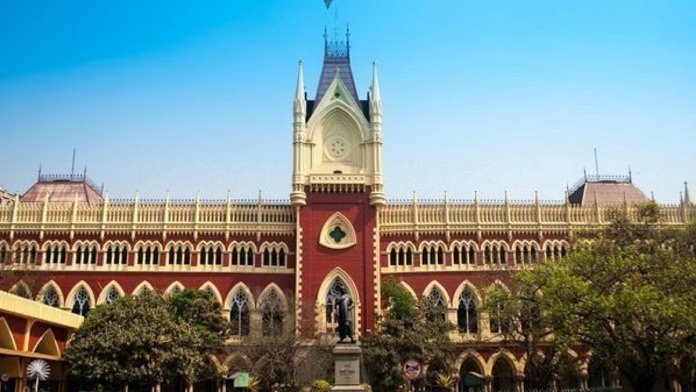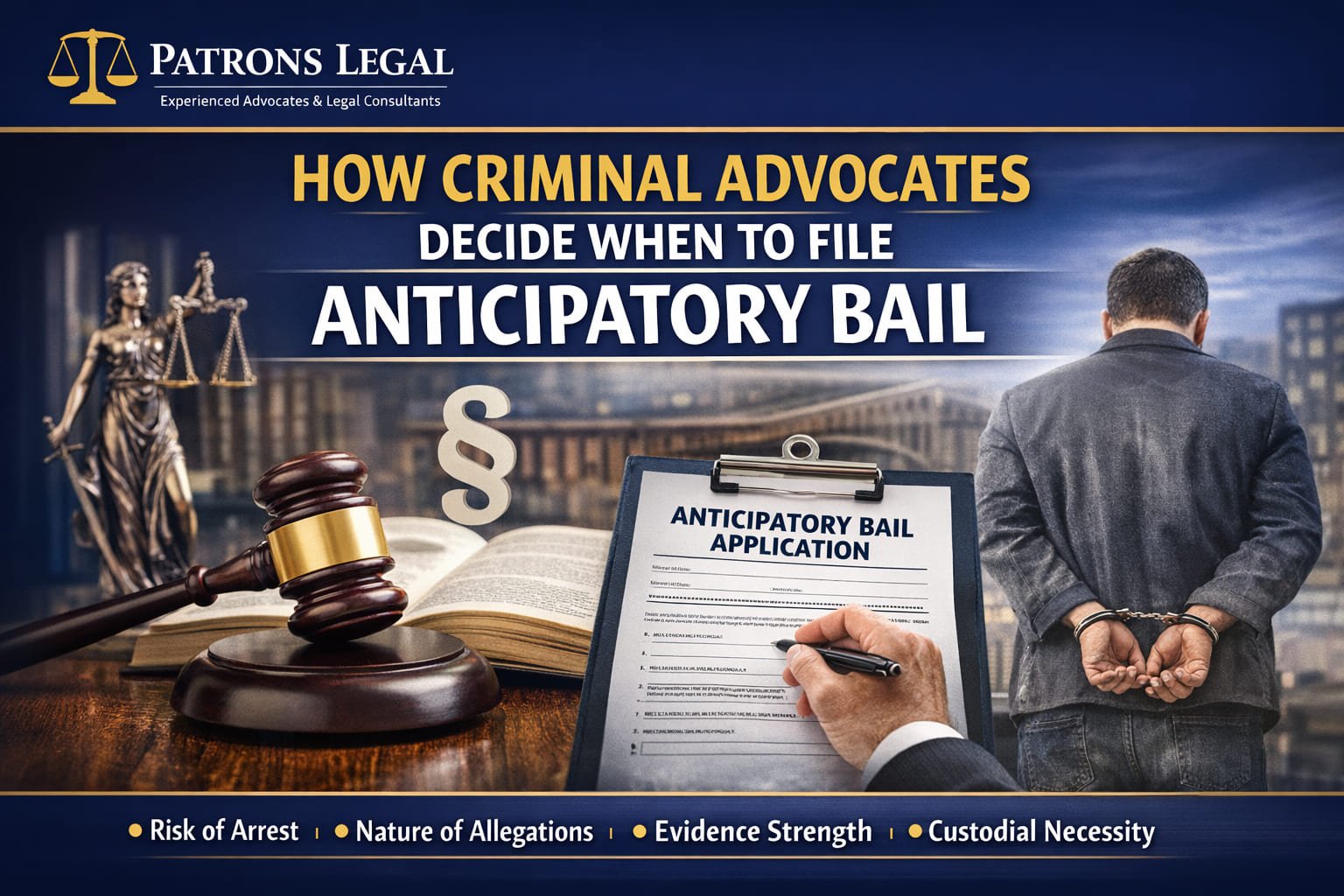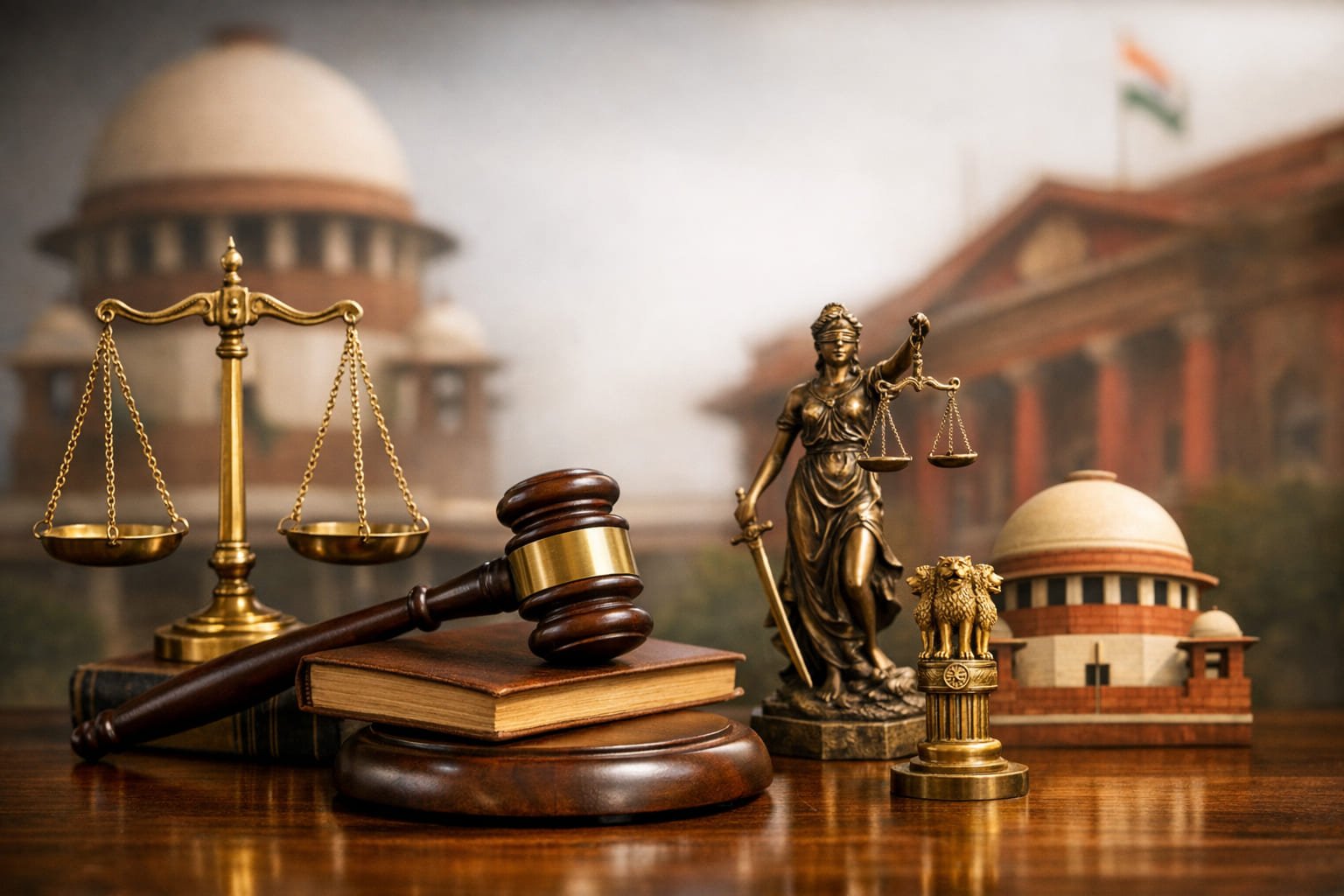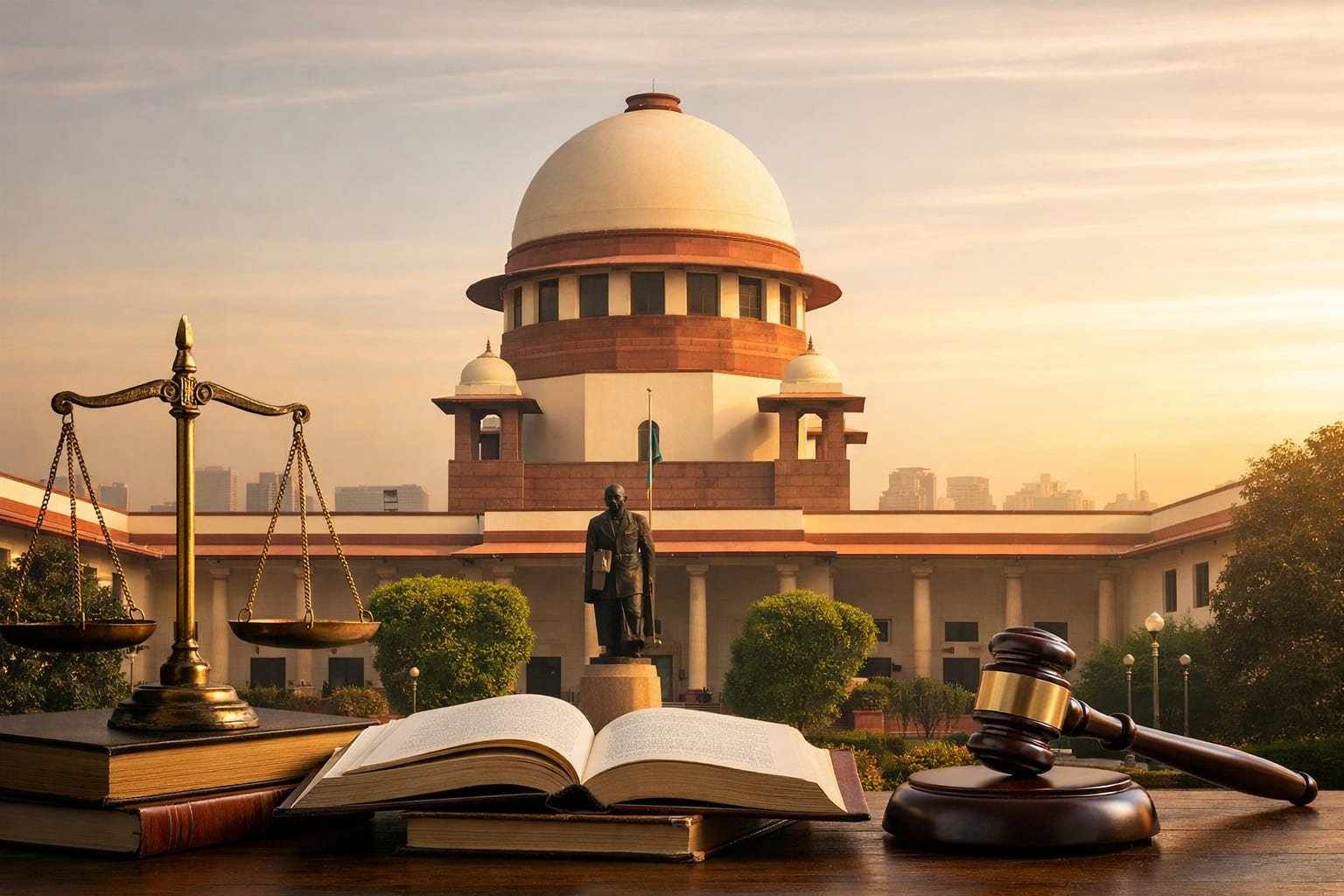The PILs challenged the identification and classification of 77 classes as OBCs in the state of West Bengal. The 77 classes were declared OBC by 7 executive orders issued between 5th March 2010 and 11th May 2012 by the state. Between the years 1994 to 2009, the state of West Bengal included 66 classes as OBCs on the recommendations of the West Bengal Commission for Backward Classes. This included 54 Hindu and 12 Muslim communities. In the year 2010, the then-CM announced a 10% reservation in government jobs for the Muslim community. The state included 42 classes as OBCs which included 41 Muslim communities. They were entitled to reservation and representation in government employment under Article 16(4) of the Indian constitution. The first writ petition challenged the classification and declaration of 42 classes as OBCs were based purely on religion. It was said that the categorization was not based on any data and that the survey conducted by the commission was unscientific. In the 2nd RTI application, the commission stated that it was not consulted for the sub-categorization. In the 2nd writ petition, it challenged the inclusion of 35 classes as well as the sub-categorization. In the year 2013, the state passed the West Bengal Backward Classes Act of 2012 which incorporated the 77 OBC classes in the schedule. The 3rd Writ petition challenged the constitutional validity of sections 2(h),5,6, schedules 1 and 3 of the act. The 4th writ petition challenged section 2(h) and schedule 1 of the Act.
The petitioners argued that the classification of 42 classes of people which include 31 Muslim communities was unconstitutional as under article 16(2)(4), a classification which is solely based on religion is barred. Section 2(h) of the act of 2012 which gave state executive and legislature the power to identify OBCs should be struck down as its violated paragraph 847 of the Indra Sawhney case. The data of the commission is unscientific and the recommendations were based on this data. They argued the classification is hence based on political reasoning and gain. The sub-classification of the 77 classes was done without the consultation of the commission which is unlawful and is violative of the act of 1993. The definition of OBC under section 2(h) of the act of 2012 is illegal as it gives power to the legislature to declare OBCs without consulting the commission. Section 5 of the Act of 2012 is also illegal as it gives the power to classify the OBCs to both the legislature and the executive without consulting the commission.
The counsel for the state argued that the PILs are not maintainable as they do not meet the criteria under the definition in terms of rule 56. The petitioners failed to specify which classes should be included which was allowed under section 9(1) of the 1993 act hence their grievance should not be entertained. The consultation of the commission is merely a procedural step not a mandatory one, this is supported by section 9(2) of the 1993 act. The state took the help of the Sachar committee report for the classification. The report states in detail the backwardness of the Muslim community. The commission was not consulted for the sub-classification as the state needed help from higher expertise and took help from a survey report from the Department of Anthropology of the University of Calcutta regarding the backwardness of the subject classes.
The counsel for WCBC argued that the jurisdiction and powers of the commission must be considered only within the act of 1993. According to section 9 of the act of 1993, the commission can not act on its own in the matters of inclusion, under-inclusion, and over-inclusion of a class. It can only act either on the request of a citizen or a reference made by the state. The petitioner didn’t file any complaint with the commission alleging over-inclusion. The classes have been recognized by the NCBC and some classes were recognized as backward by the Mandal Commission. Hence the state commission has therefore not mechanically recommended the inclusion of the classes from the Muslim community, as alleged by the petitioner. The commission did not make any religion-based recommendations for inclusion as it was the classes who approached the commission with the application for inclusion.
The counsel for NCBC argued that the state commission and the state had not applied any scientific criteria at the time of the identification and classification of the classes. The representatives of the state requested the national commission for the inclusion of 87 classes under the central OBC list of which 78 were Muslim and 8 were Hindu. It showed a clear pick-and-choose policy adopted by the state. The state failed to produce any evidence for listing a substantial number of classes included under the state OBC are converted from the Hindu religion
It was held that the writs petition which are not concerning any individual service dispute and the issues are maintainable and PILs are entertainable.
The state should distance itself from the commission and allow it to act independently. The right to reservation Is not a fundamental right and the court cannot issue a mandamus directing the state to consider the request of a class for reservation.
The 2nd part of section 2(h) of the act of 2012 is therefore liable to be struck down as its ultra vires the Indian constitution. Section 16 is also liable to be struck down.
Section 5(A) of the act of 2012 is struck down as it defeats the purpose of article 16(4) of the Indian constitution as it grants 7% reservation to the sub-classified classes.
Summary
In the case of Amal Chandra Das vs. the State of West Bengal, civil lawyers are at the forefront of a legal battle concerning fundamental rights and governmental authority. The dispute revolves around allegations of constitutional violations and the interpretation of statutes governing civil liberties. Amal Chandra Das, represented by a team of skilled civil lawyers, challenges actions taken by the State of West Bengal, citing infringements on individual freedoms and due process. The case highlights the pivotal role of civil lawyers in advocating for justice, safeguarding rights, and holding governmental entities accountable. As legal experts navigate intricate legal arguments and precedents, the outcome of this case could have far-reaching implications for civil rights jurisprudence in the region.








Leave a Reply